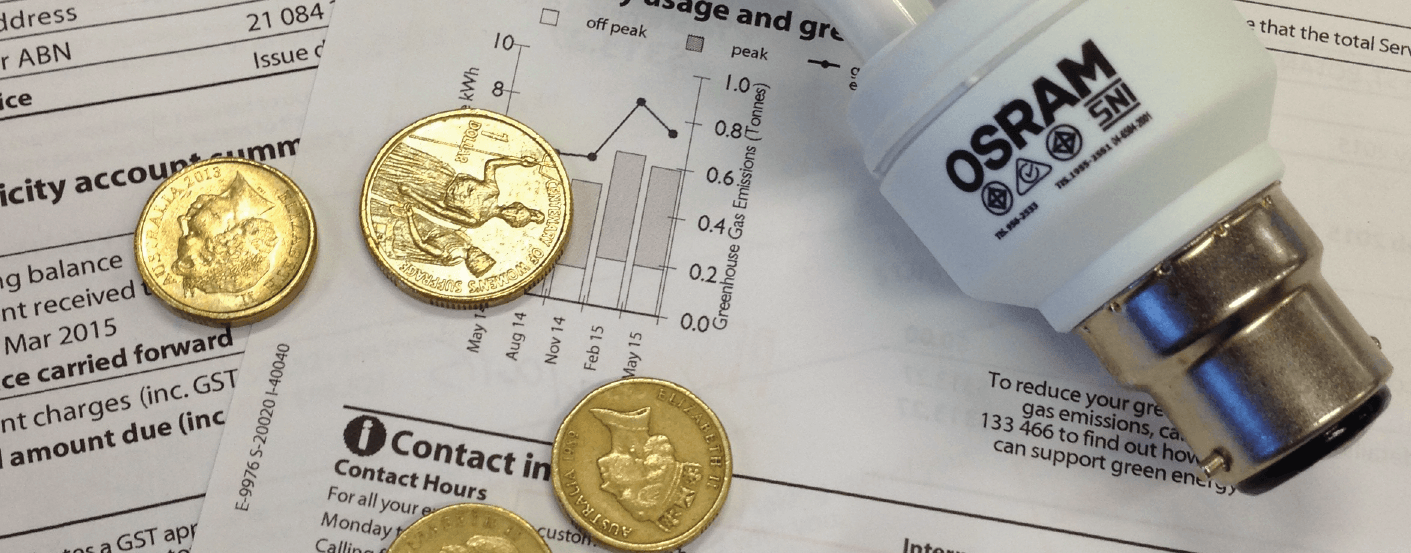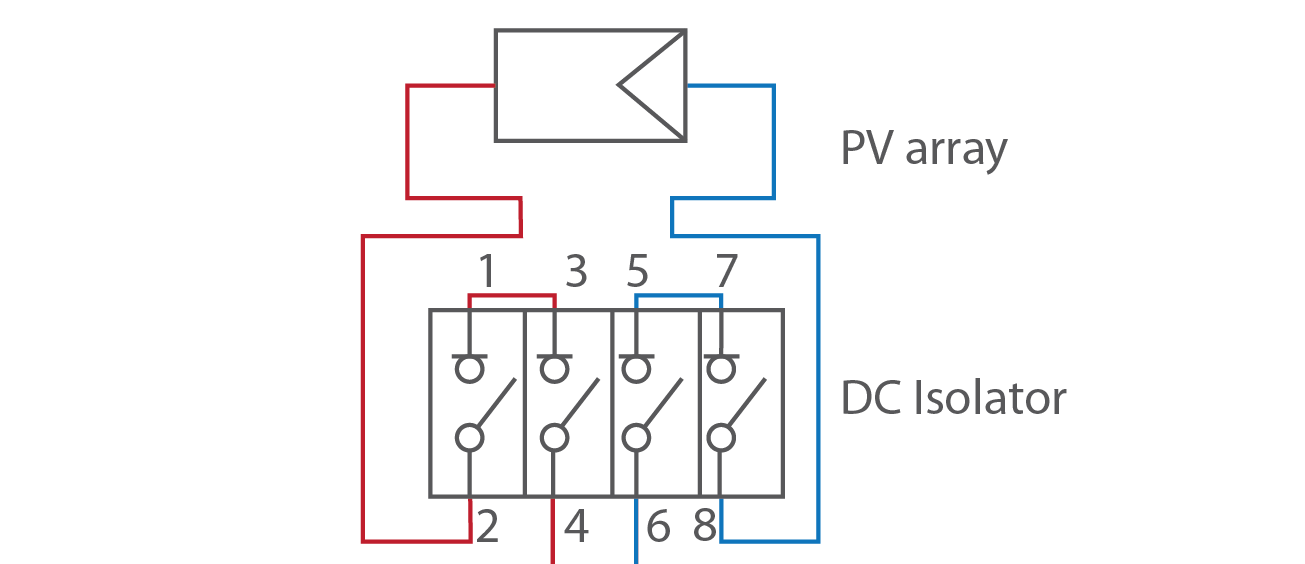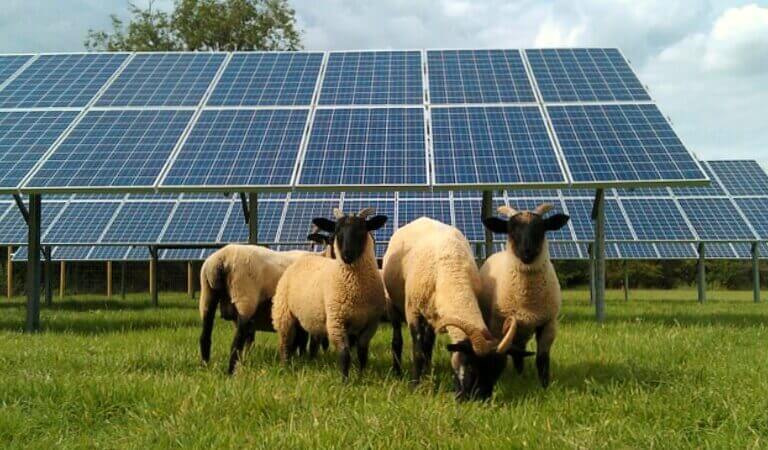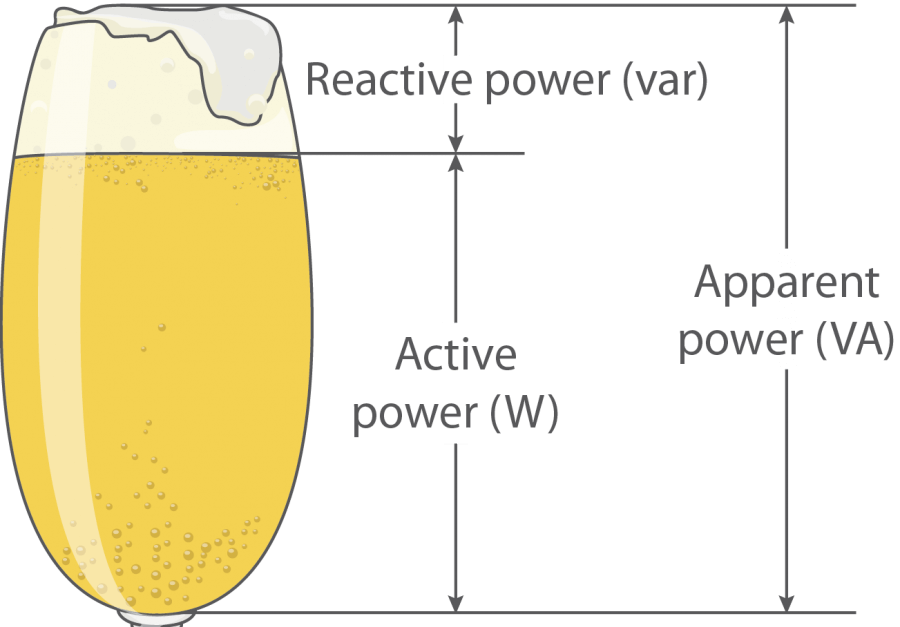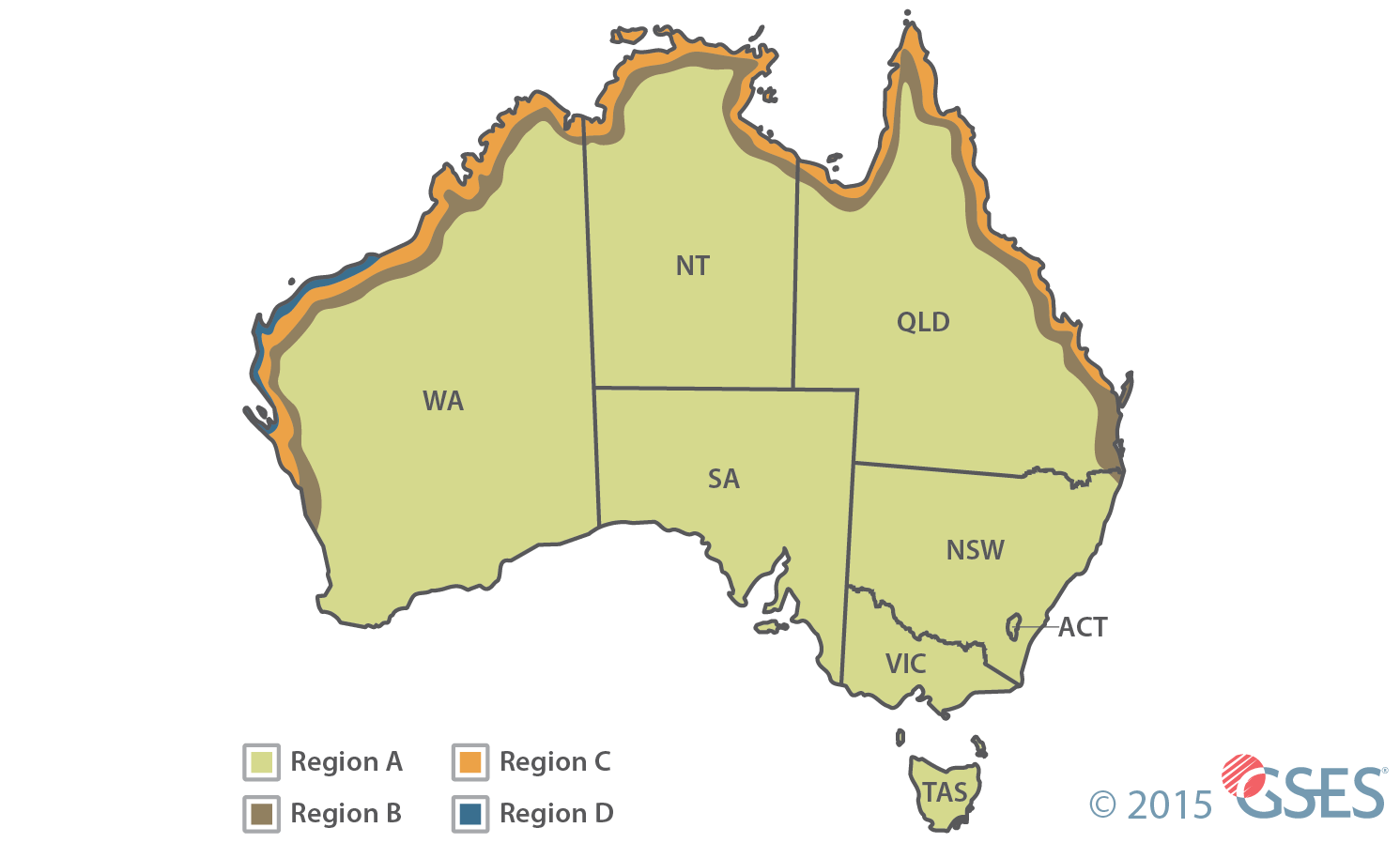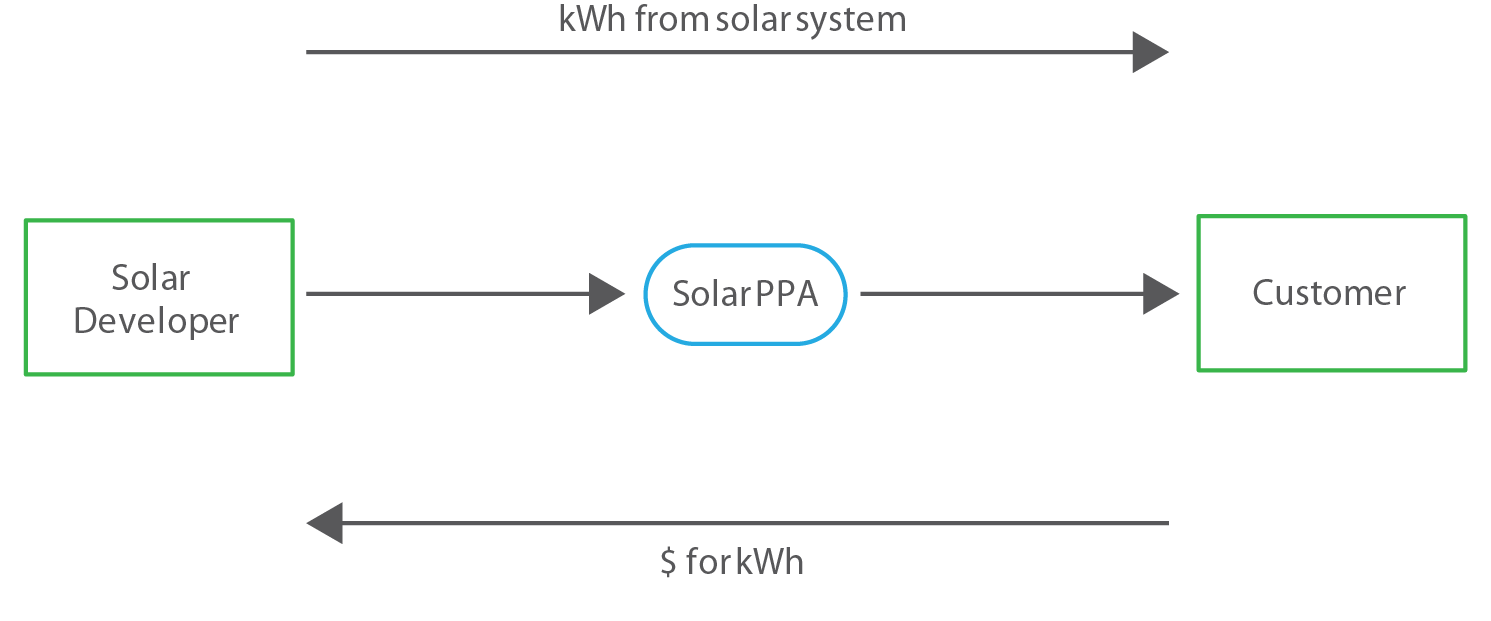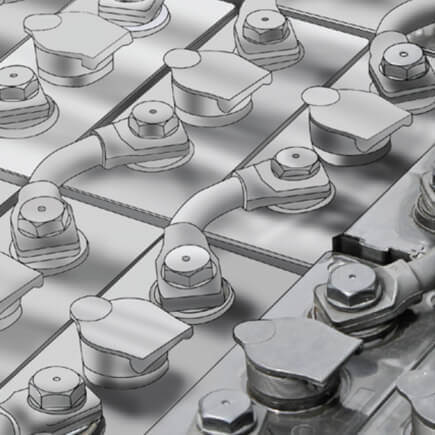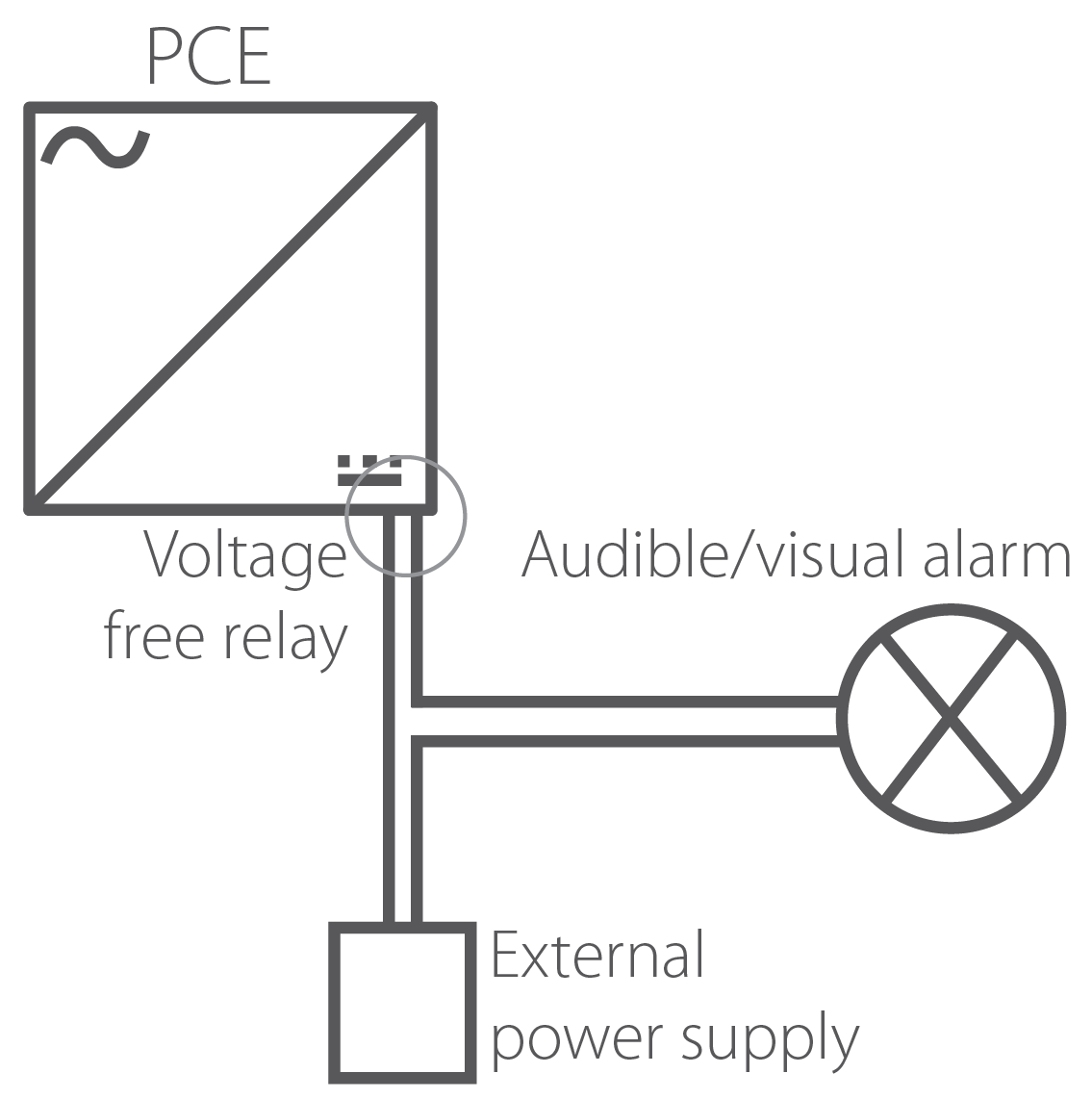Next year at about this time, three states will terminate part of their feed-in-tariff programs: • Victoria’s Transitional and Standard Net metering programs end on 31 December 2016, • South Australia’s Customer Group 4 Net metering program ends on 30 September 2016 and • New South Wales $0.60/kWh and $0.20/kWh Solar Bonus Scheme ends on […]
Tag: gses
I got 99 problems but a switch ain’t one (ONLY VALID UNTIL DATE OF PUBLISHED)
Correct isolator selection and installation is an extremely important aspect of ensuring PV systems are safe and up to standard. Through the extensive inspection work that GSES has conducted, and feedback from industry, interpreting isolator data sheets can be tricky for many installers. In response to this GSES has increased its focus on isolator selection […]
Utility Scale Solar: Dual Purpose Land Usage Opportunities
Recent months have seen the approval of many landmark developments of utility scale solar farms, such as the 2GW proposal in Bulli Creek, NSW and the 130MW proposal in Clair, QLD. These developments will take up vast amounts of land: the 130MW solar farm will take up 340 hectares of cane sugar fields, and the […]
East West Arrays: Are they worth it?
The current cost of rooftop PV means that it can be cheaper to source your electricity from a rooftop solar system than buy it from the grid. A significant problem with this, however, is that people consume 50%+ of their electricity during the morning and evening when solar systems are not producing, is it possible […]
Emerging Technologies: Perovskite
Over the last 40 years photovoltaic (PV) technology has been steadily increasing in efficiency and decreasing in cost. This has resulted in a booming PV industry where PV research and development have continued to improve the technology. Currently, the primary material used in solar PV cells is crystalline Silicon; however, there are other materials used […]
Power Factor and Grid-Connected PV
As the level of Grid-Connected PV penetration continues to rise, the importance of power factor and power factor correction is going to become increasingly relevant both from the perspective of the grid and the customer. This article explains what power factor is, what it is caused by, its impact on the grid, and how GridConnected […]
PV Training challenges & how they affect installations
Since being established in 1998, GSES has focused on assisting the growth of Australian and international PV industries by providing quality training. GSES is recognised for its expertise in providing the training required for grid-connected PV design and install accreditation. In training many electricians and engineers, GSES has identified certain areas that prove to be […]
Solar Power Purchase Agreements
Solar Power Purchase Agreements (PPAs) are a financing model that has the potential to transition those operating as suppliers of energy-generating equipment to the role of the more traditional energy retailer. This transition will see solar installers mature commercially to become solar developers. PPAs have been around for many years and are widely used in […]
New CEC Endorsement Proposed for Grid Connected PV with Batteries: Training Requirements
New nationally recognised units of competency have been released in draft form setting out the knowledge and skills required for the design and installation of grid-connected PV systems with battery storage. The CEC has indicated that it will recognise completion of this training as an endorsement to Grid Connect PV Design and Installation accreditations: participants […]
Overview of incoming PCE requirements in AS/NZS 5033:2014
AS/NZS 5033:2014 states that the transition period for Power Conversion Equipment (PCE) will end on July 11th, 2015. After this date, all requirements for PCEs as described in AS/NZS 5033:2014 will be applicable. Although the changes are significant, they should come as no surprise to manufacturers of PCEs or the solar PV industry, as these […]

